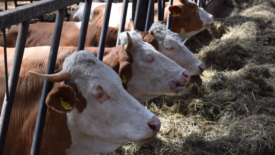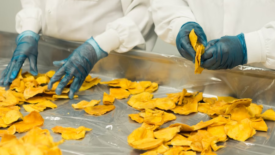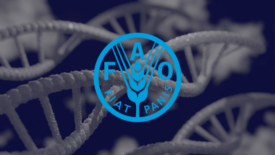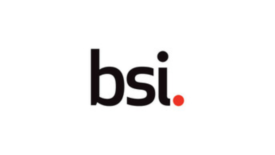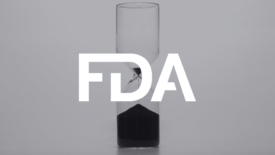Management
BIZTRACKS
GS1 Connect 2023 Focuses on Supply Chain Visibility, Features More Than 275 Companies
April 19, 2023
Never miss the latest news and trends driving the food safety industry
eNewsletter | Website | eMagazine
JOIN TODAY!Copyright ©2025. All Rights Reserved BNP Media.
Design, CMS, Hosting & Web Development :: ePublishing
